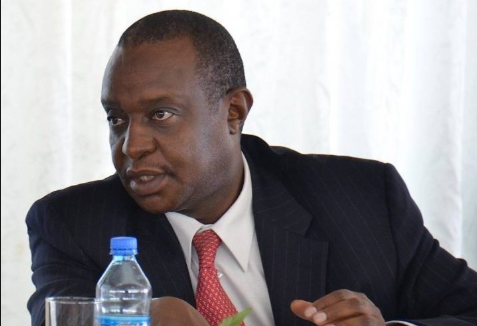
On Tuesday, the National Treasury presented the 2019/20 budget estimates. Though according to Treasury, the proposed expenditure will prioritise job creation, youth empowerment, manufacturing, enhance health coverage, improve food security and uplift the living conditions of the people, keen observers quickly dismissed the Sh2.7 trillion budget as of unhealthy mix:Treasury must borrow about Sh600 million to plug the deficit; moreover, recurrent expenditure like salaries and allowances, fuel and stationary will gobble up Sh1.7 trillion.
In the end, Henry Rotich's wish list fails the test of viability. Saddled with many maturing debt obligations from infrastructure projects like the SGR, LAPSSET and roads coupled with unattainable tax targets- as a result of a slowing economic activity- it is highly likely that the government will borrow to pay debt. In other words; digging a hole to fill up a hole. That has far-reaching and long-term effects on the economy.